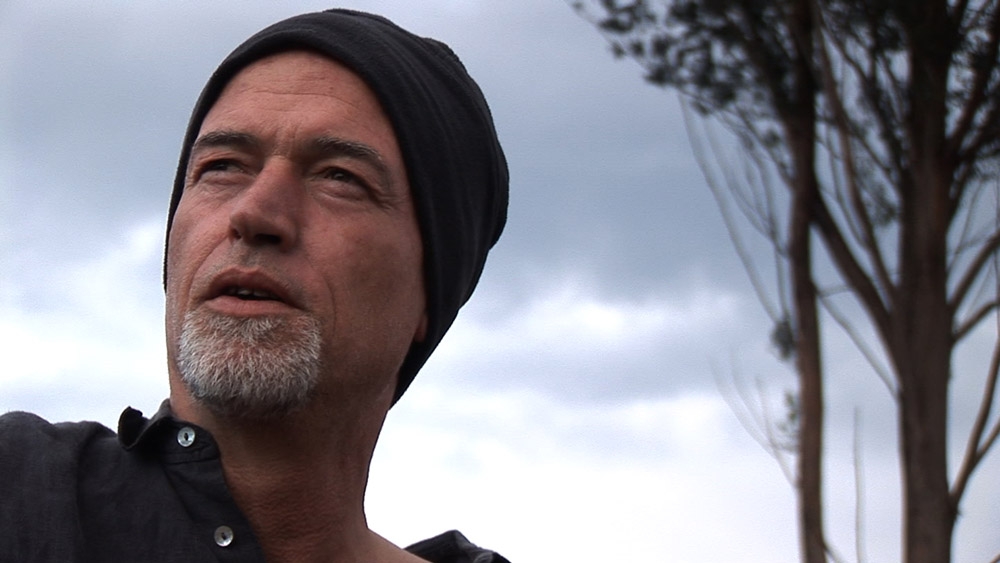Just waking up in South Africa presents you with extraordinarily strong writing material, says Rian Malan, who has written widely about the country and its people, its tragedies and triumphs.
His best-selling book, My Traitor’s Heart, has been translated into eleven languages. As a journalist, he has written for newspapers and magazines across the globe. Yet, he talks about his writing with a humility that belies his success. Or perhaps it’s this very humility that has helped him succeed.
KAREN SOUTHEY speaks to Rian about his life as a writer.
How did you become a writer? Tell us about your early days as a writer.
Writing was always the only thing I could do. At school I’d write eight or ten pages when asked to write an English composition of half a page.
When I dropped out of University, my mother made me apply for a journalism apprenticeship at The Star. I got the job and started typing for a living.
I became a writer in America. I got very lucky there, arriving at the tail-end of the golden era of American magazines.
Then I wrote [My Traitor’s Heart]. I called my mother when it came out and said, “Against all odds, it seems like I’ve become a success. It looks like I’m a writer now.”
And she said, “Rian, that’s fantastic – does that mean you can get a job now?”
What topics are you currently addressing in your writing?
I’ve spent most of my life writing about the uncertain destiny of whites in Africa. It’s a drama that goes on forever indefinitely. I always thought it would come to some sort of dramatic resolution. It seems I’m wrong about that.
Journalism in South Africa: I always have the sense of déjà vu that I’ve been here before and I’ve written this before. And I still don’t know what the answer is.
What impact did My Traitor’s Heart have on your writing career?
I got incredibly lucky – many are called; not many are chosen.
What is the best writing advice you’ve received?
I met some great editors in America who taught me the importance of structural engineering. I discovered ultimately that you could write in pidgin English, but that if the structure was correct, you’d keep your readers reading.
“I discovered that…if the structure was correct, you’d keep your readers reading.”
What qualities should a great writer possess?
If J.M. Coetzee thought he was a genius, he wouldn’t have won a Nobel Prize. One of the reasons for his success is that, driven by crippling insecurities, he would work and re-work a piece, ten or fifteen times, to get it exactly right.
I’ve known many people who were much brighter than I was, and who started off with many more skills, but they didn’t have the degree of self-doubt to put in the necessary extra work. Their careers never got off the ground, because they thought they were too good.
So… humility. If reality doesn’t do it to you, God’ll do it to you eventually.
What is the biggest challenge you have faced as a writer?
Overcoming my own arrogance. The worst thing that can possibly happen to you as a writer is to be beset by a sense of your own genius. It’s absolutely fatal.
Do you have any advice for aspiring writers or journalists?
My mother’s conception of a job, where you put on a tie, go to work every day and say, “Yes, sir; no, sir,” and at the end of it you get a pension – in all likelihood you’re not going to get that as a writer.
You’re going to have to do it for love, and for God.
Rian’s works include:
- My Traitor’s Heart (1990)
- Resident Alien (2009) Read an excerpt
- The Lion Sleeps Tonight (2012) Read an excerpt
- Alien Inboorling – Musical Album (2005) Watch the music video Bloekomboom
About the author

She recently completed the Magazine Journalism Course at SA Writers’ College. In her spare time, she enjoys creative projects in her home and going on outdoor adventures with her family.














